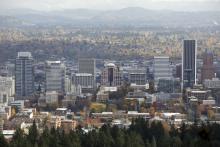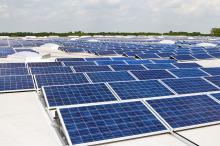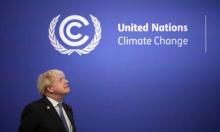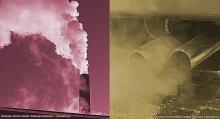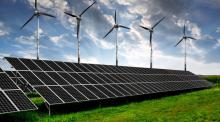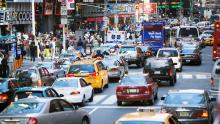Electric vehicles are here, and they are essential for decarbonizing transport. The United Kingdom, California, the European Union, Canada and others plan to phase out the sale of fossil-fuelled vehicles as early as 2030 — Norway plans to do it sooner. Consumers are interested. In May, the Ford Motor Company unveiled an all-electric version of its best-selling pick-up truck, the F-150 Lightning.
![A homemade sign posted on a telephone pole in protest of Central Maine Power's controversial ... [+] ASSOCIATED PRESS](https://ecosocialistsvancouver.org/sites/default/files/styles/medium/public/article-image/https_specials-images.forbesimg.com_imageserve_618521d554f978c2c5f276a1_transmission-lines-are-controversial-everywhere-in-the-country_960x0_1.jpg?itok=3o9hO5bj)


